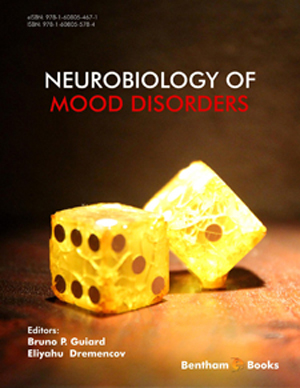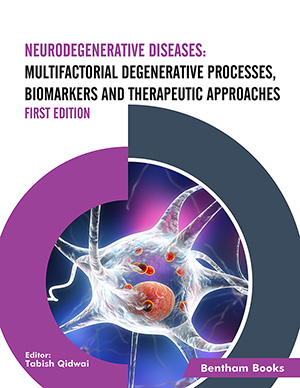Abstract
This essay analyzes possible underlying assumptions and provides bridge laws between various levels of complexity of brain processes. A short historical introduction on the main trends in neuropsychiatry over the last century is given. Then Kendler’s philosophical agenda are discussed. The central question is: what kind of relationships between mental and neurobiological levels of complexity is or could become useful in the psychiatric practice? The philosophical analysis based on general systems theory and on Searle’s concept, assuming the mind as a biological property of the brain. Consequently the individually unique mind exists in a similarly unique brain, containing all information acquired during life. Clinical investigations show that the occurrence and time course of some psychiatric conditions, such as depression, can best be described in stochastic models. Diagnostic systems and research agenda’s should take into account for such uncertainties, that are not due to a lack of scientific knowledge, but might be inherent to the neurobiology of the brain, instead. The probabilistic nature of the brain, together with the possible involvement of multiple genes and other molecules may pose limitations on both the biological understanding of mental disorders and evidence based psychiatric practice.














